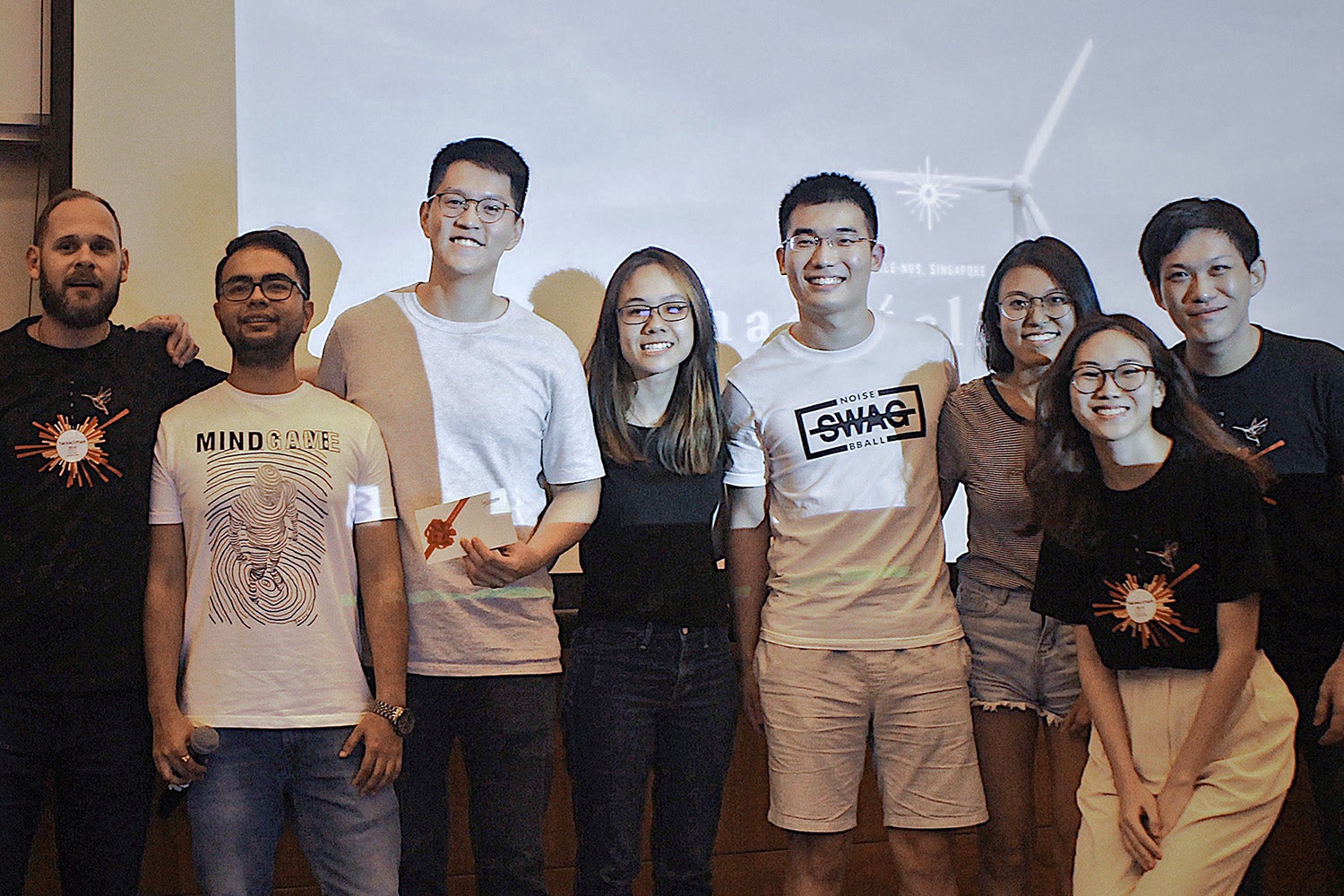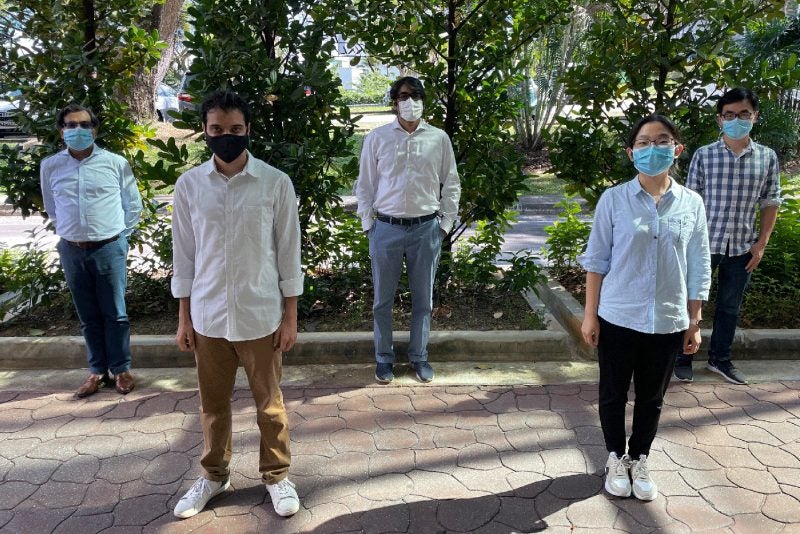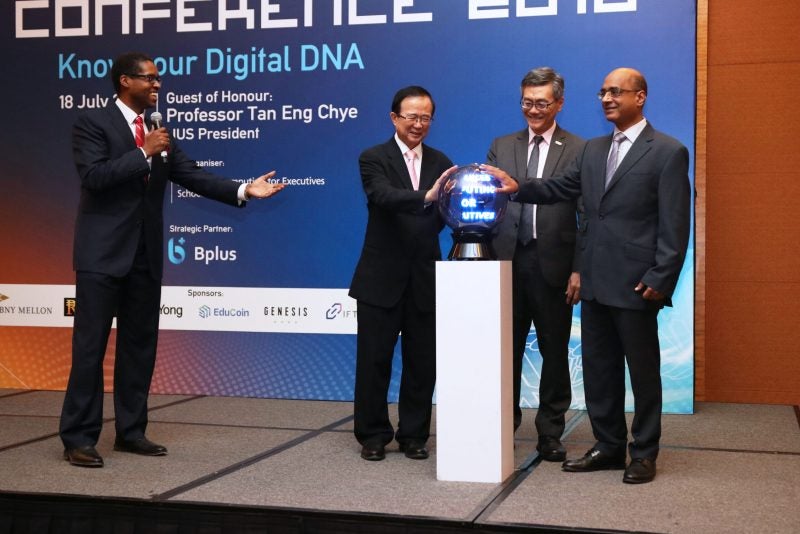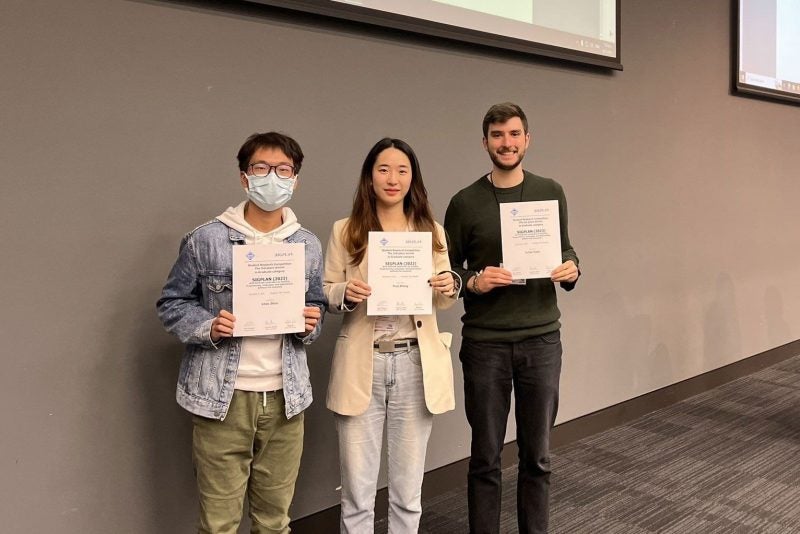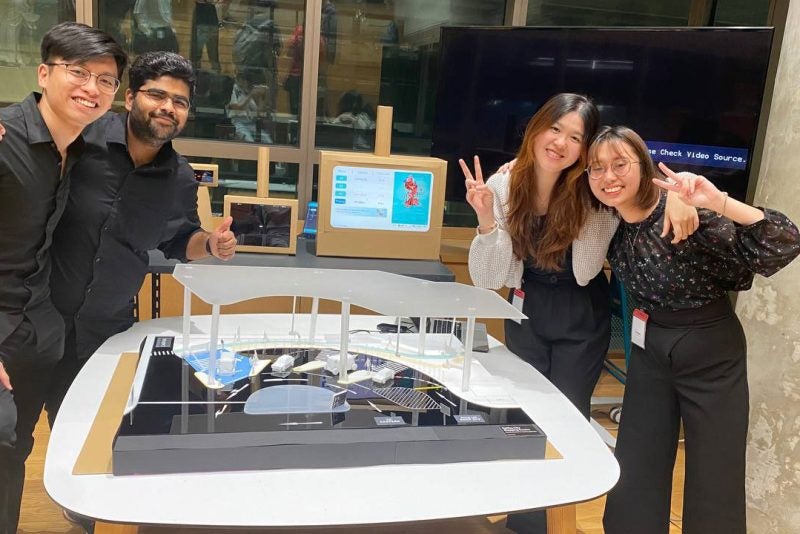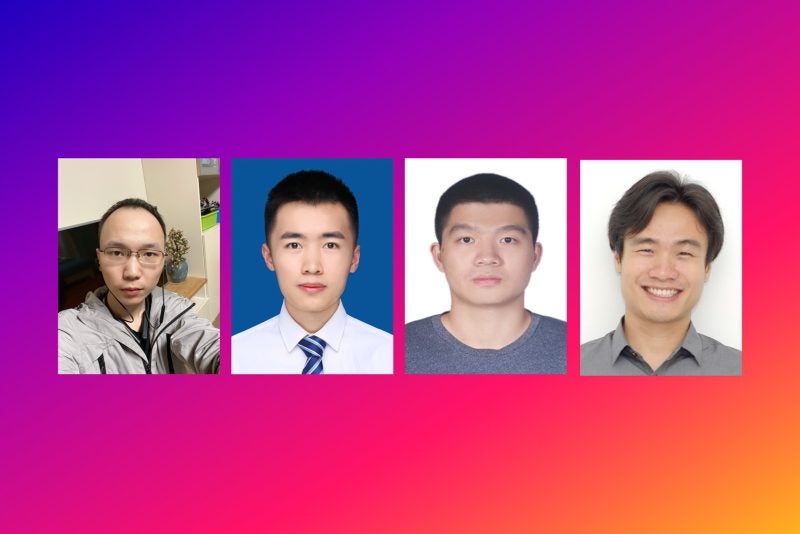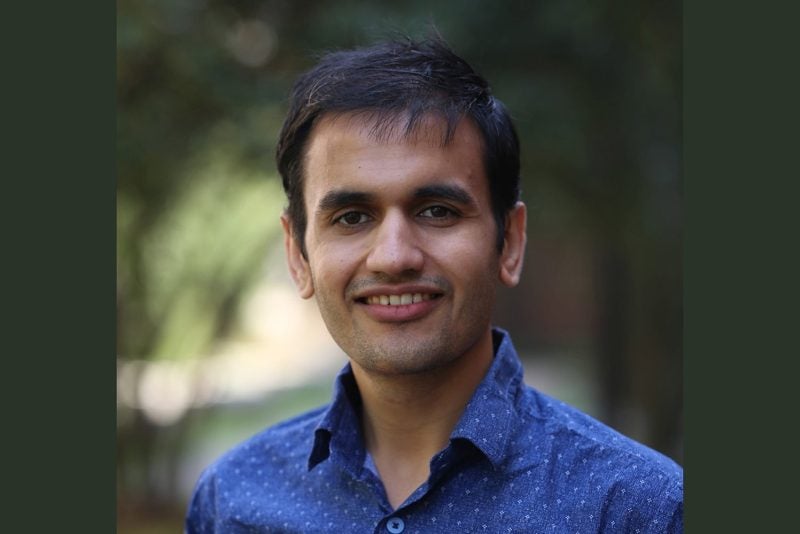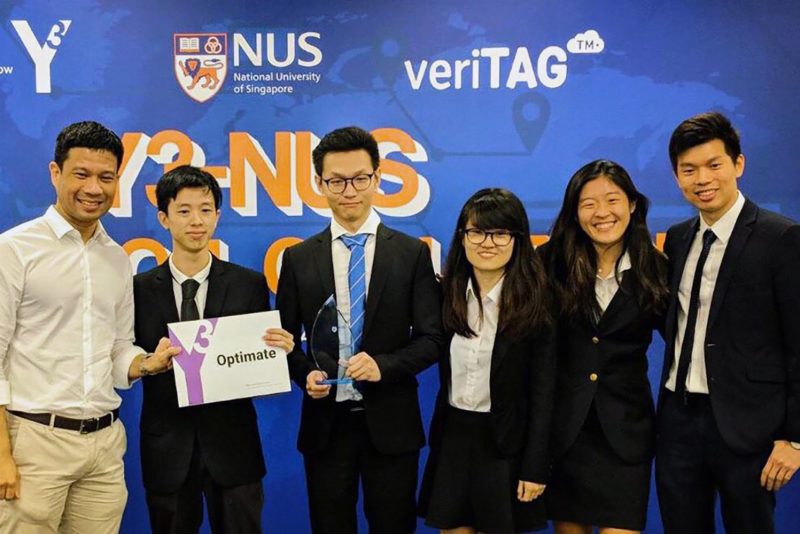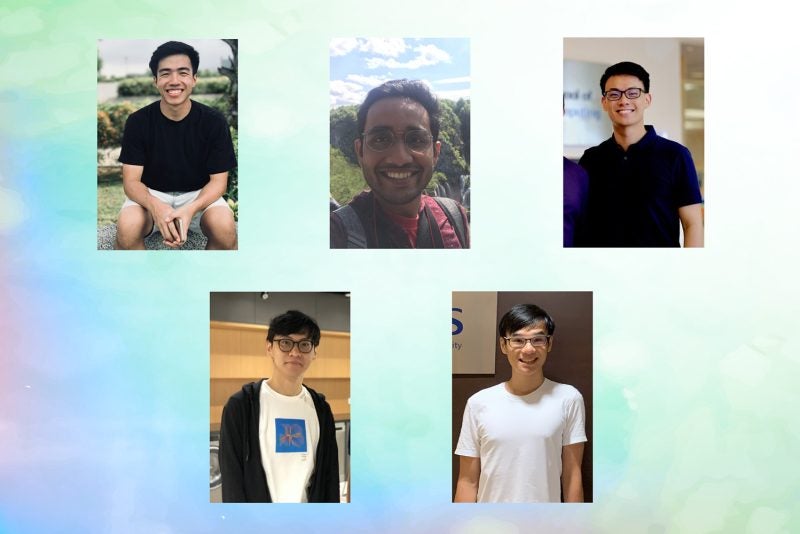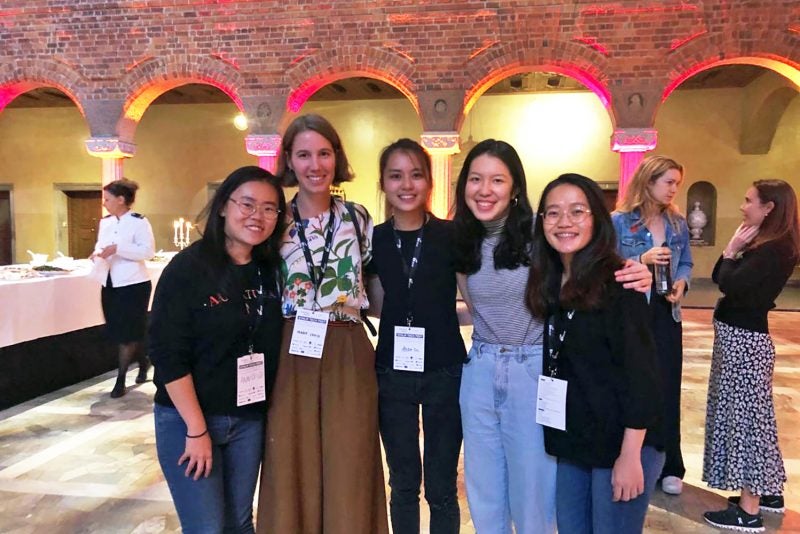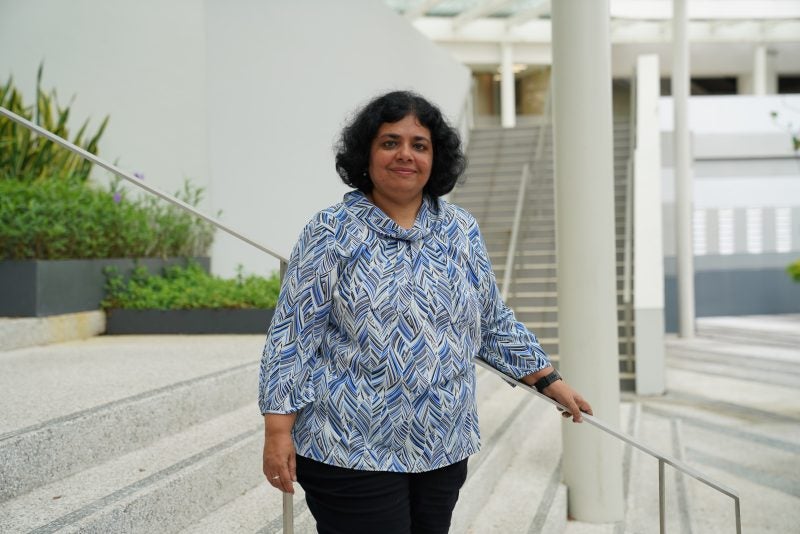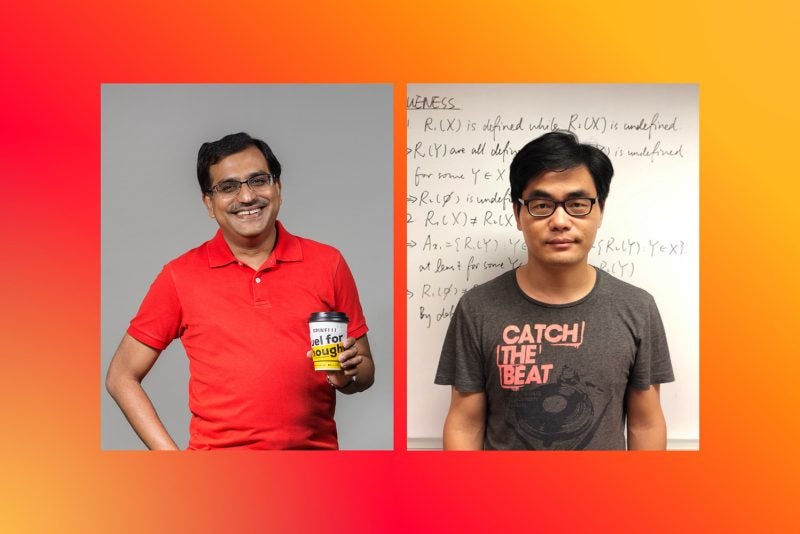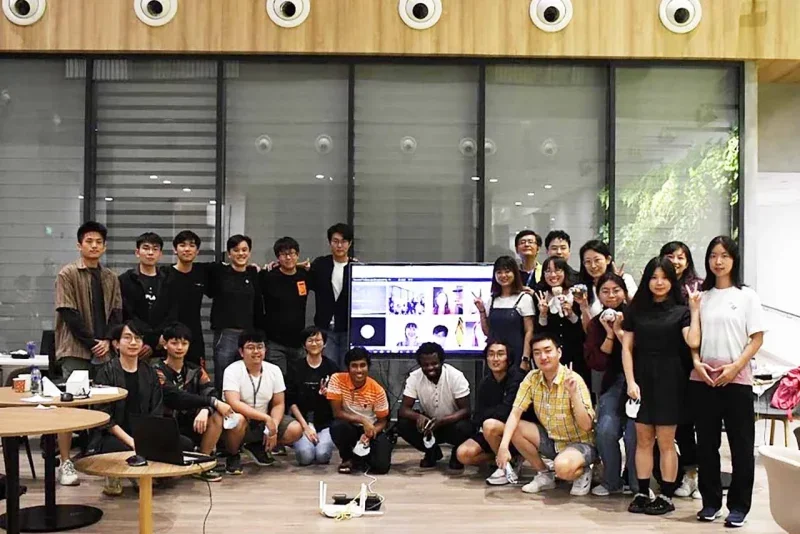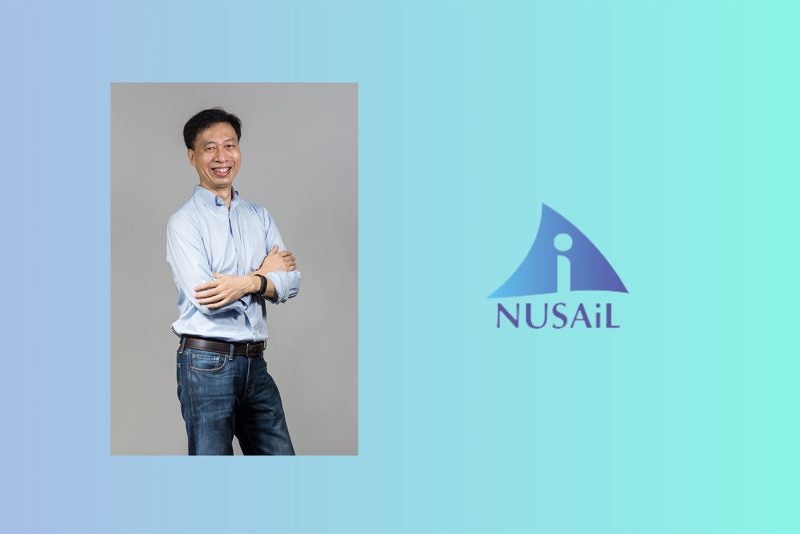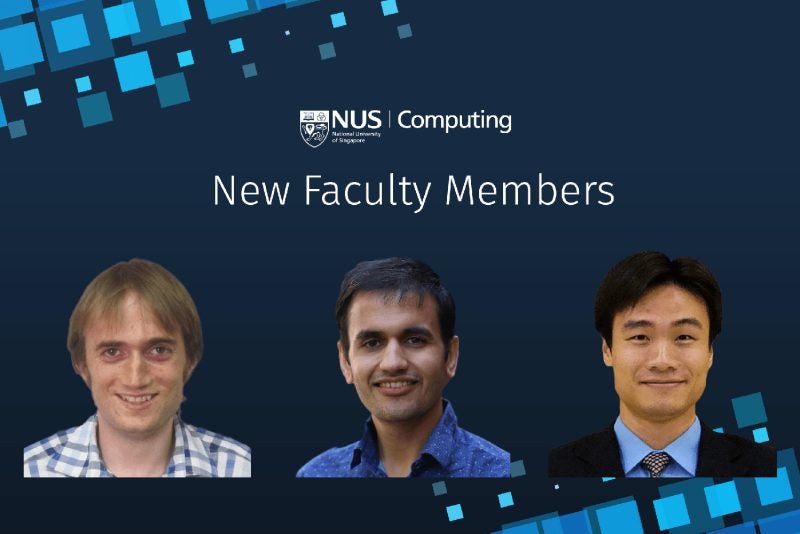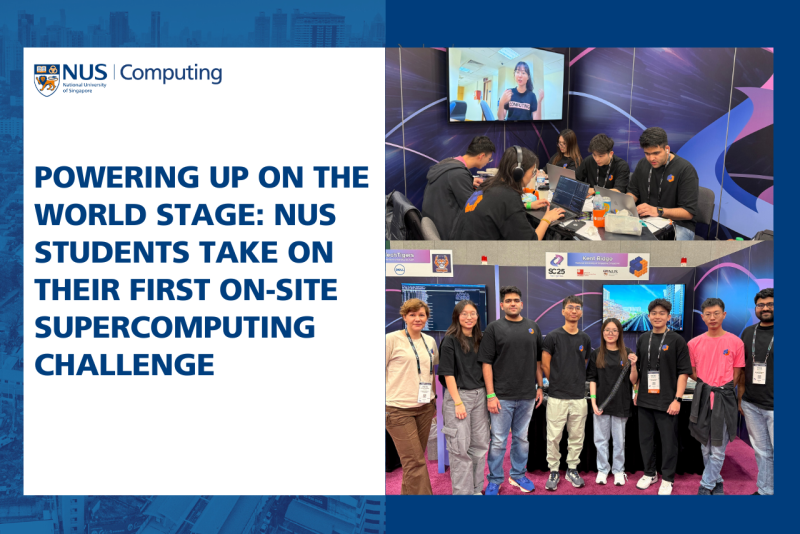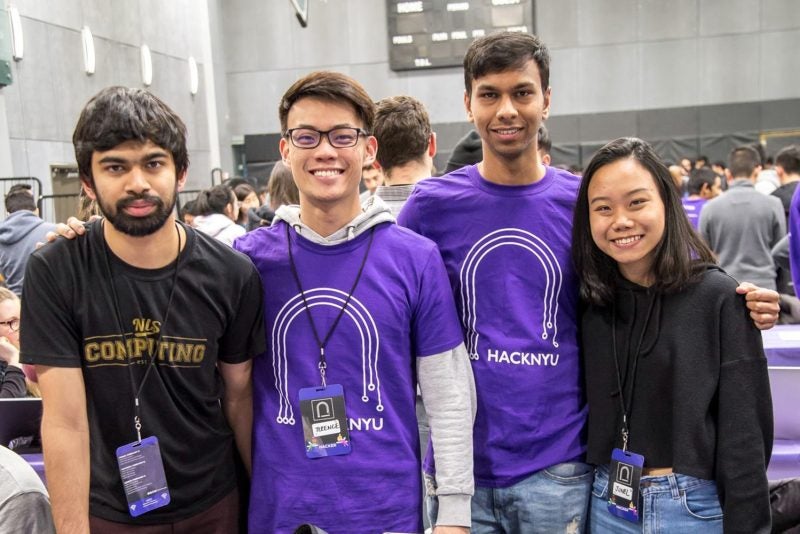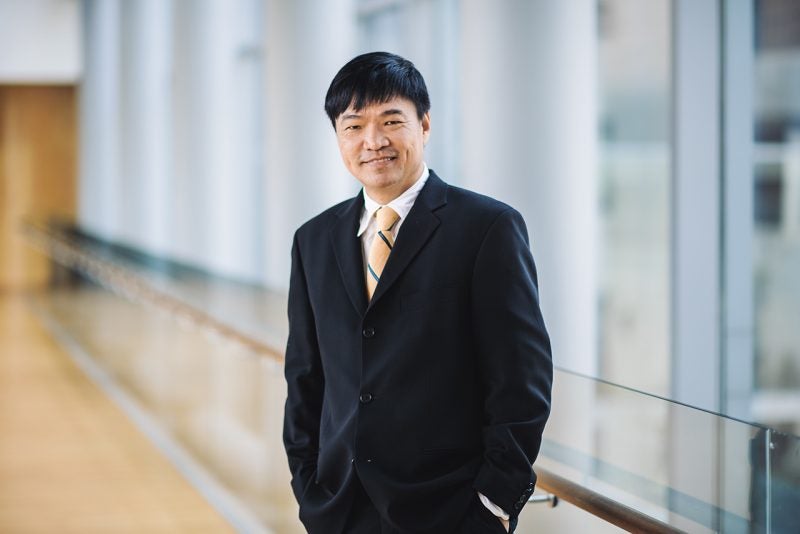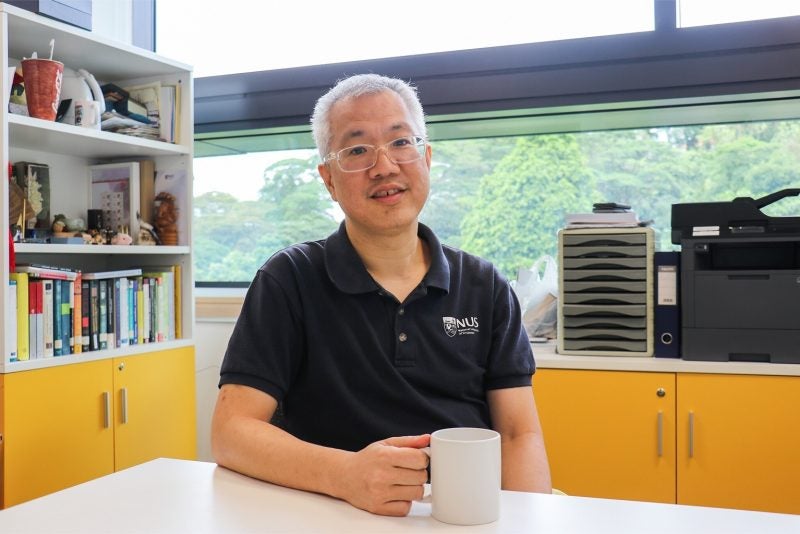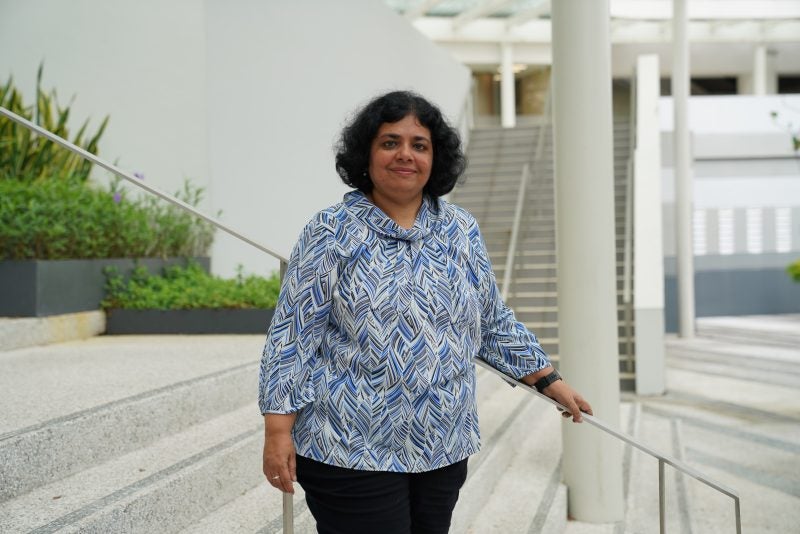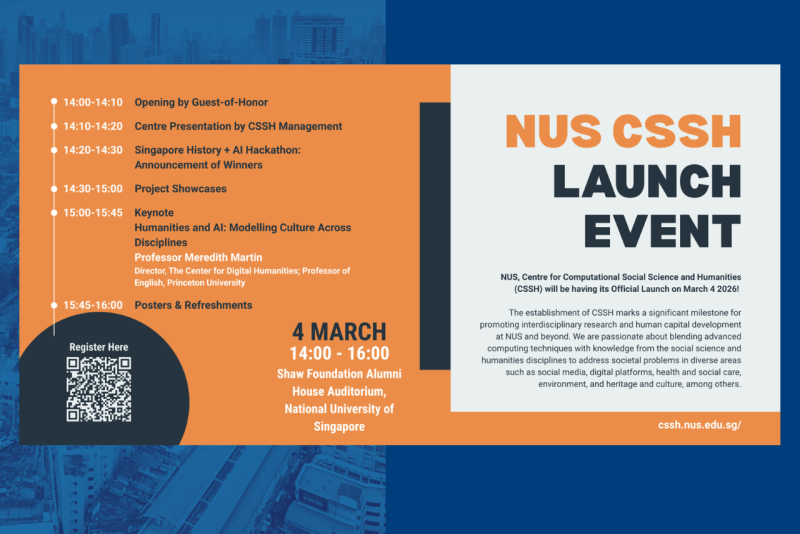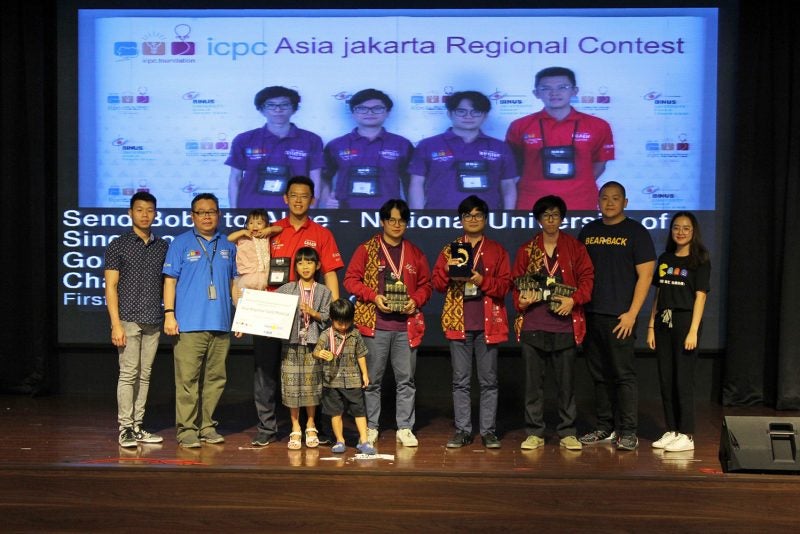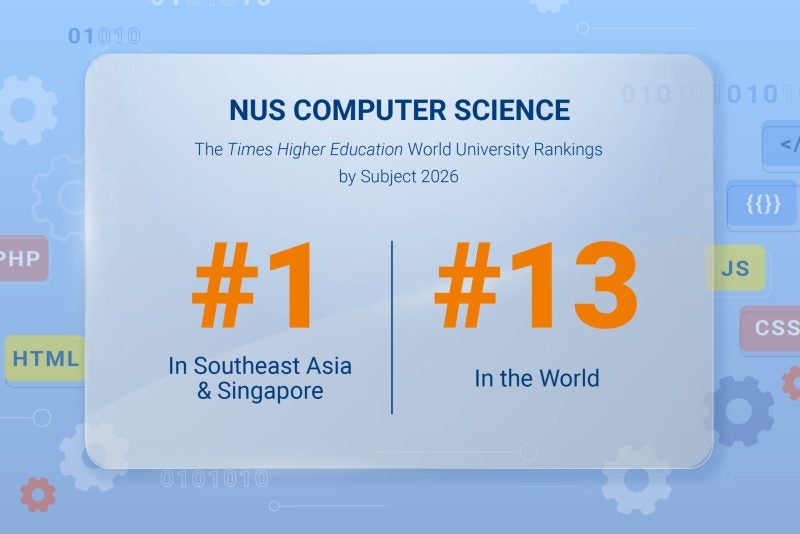8 May 2019 – Second year Business Analytics undergraduates Jason Yip, Jasmine Seah, and Yang Yuesong, together with NUS Science student Zheng Shanshan, won the Grand Champions title at the Hack4Climate competition held on 16 March at Yale-NUS College.
Hack4Climate is an intensive data and blockchain hackathon organised by Yale-NUS Data Science Society and the Yale-NUS Blockchain society. Over 50 students from various tertiary institutions in Singapore participated in the hackathon. Teams were given the option to tackle a data science or blockchain problem surrounding the topic of climate change within eight hours.
Jason, Jasmine, Yuesong, and Shanshan chose to explore and visualise climate data from various countries around the world to understand the interplay between countries and their climate policies. “When it comes to managing the public good of our global environment, there is an inherent tradeoff between a country’s own economic progress and its environmental reputation,” said Jason on behalf of his team.
“We were given data such as global emissions level and climate action pledges. This sparked an idea in me and we wanted to answer a few questions: Will a country with high emissions choose to pledge and commit to be more environmentally friendly even if other countries choose not to do so? Will a country with low emissions remain complacent and not commit to emissions control? What happens when a country pledges to control emissions but does not commit to it?” Jason added.
To model the individual actions and reactions of multiple countries, the team brought in several disciplines, such as time series methods, sentiment analysis, mathematical modelling, and game theory, to solve the social science and environmental problem. “We chose to use agent-based modelling to study the effects of agents interacting with each other. In our case, we discovered that it was mutually beneficial for countries to cooperate and reduce emissions together,” said Jason.
“It was a highly stressful competition as we were only given eight hours to complete our hack but it was really exciting especially in the last few minutes. I was glad that our model was able to deliver a clear message for greater cooperation in environmental policy,” Jason added.

